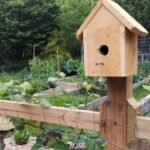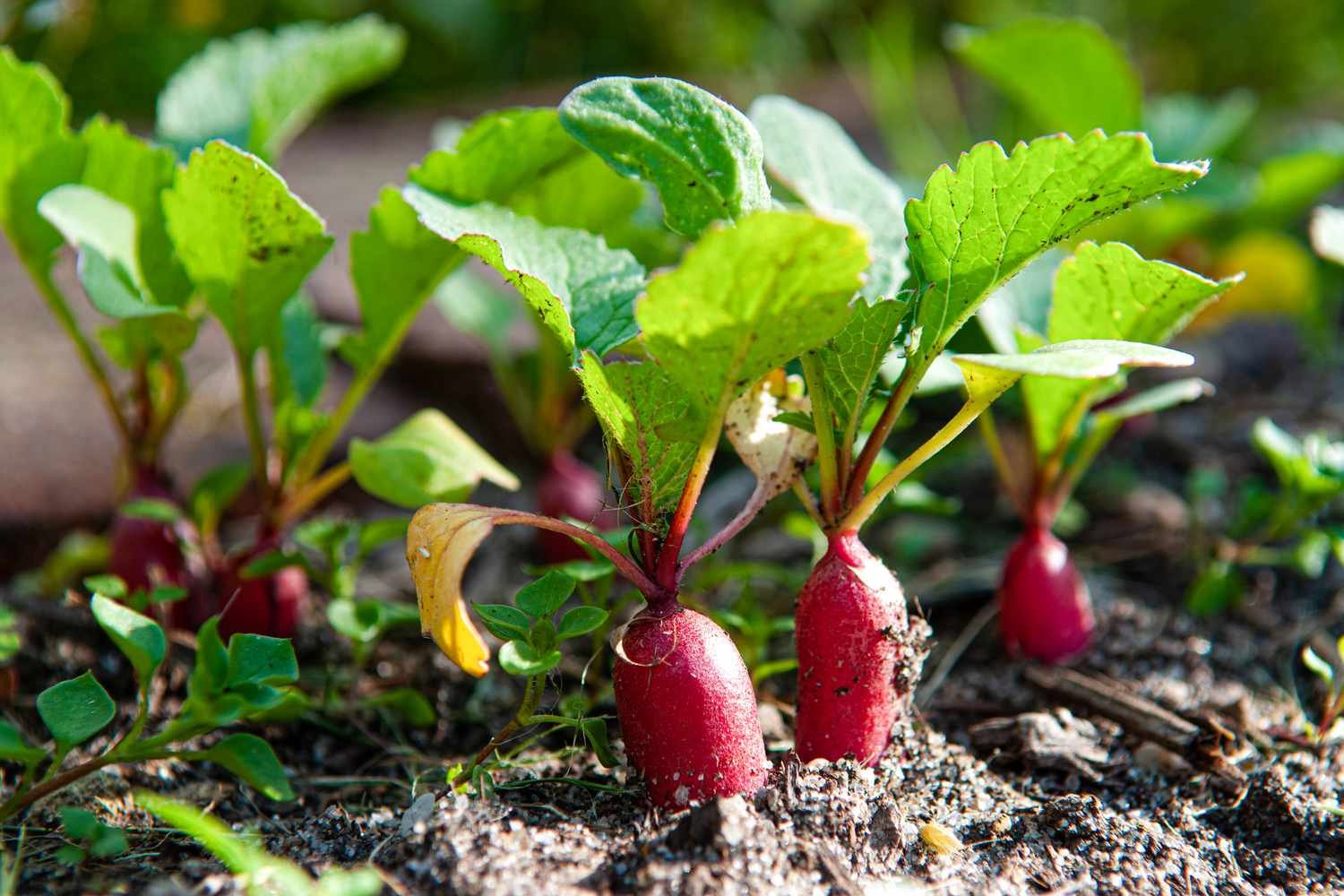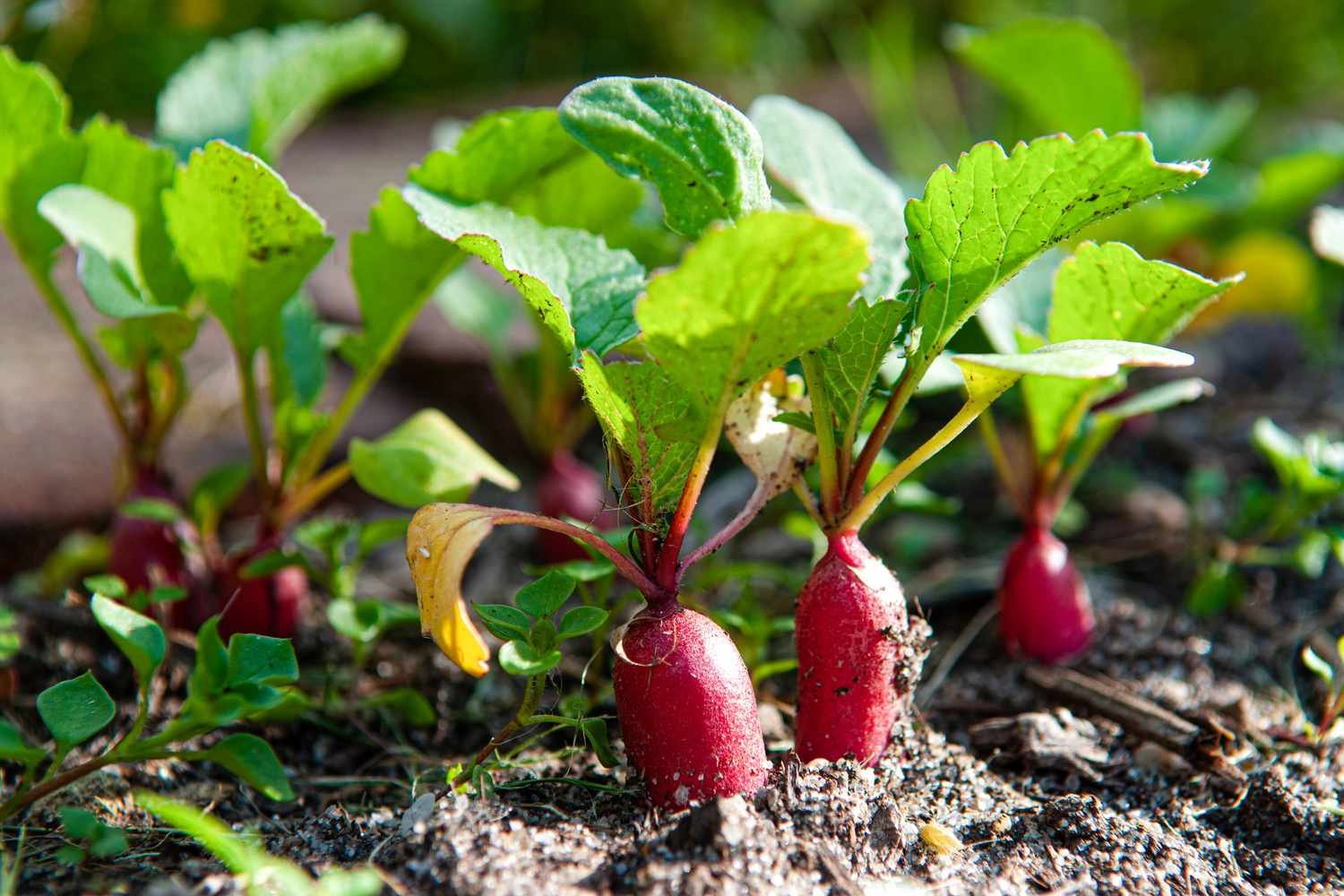Achieving a flourishing garden is a dream for every gardener, and one of the key factors to success is the quality of your soil. Soil amendments are essential for improving soil structure, providing necessary nutrients, and creating the ideal environment for plants to thrive. In this article, we’ll explore the best soil amendments for thriving gardening, discussing how they work and how to use them effectively in your garden.
Understanding Soil Amendments
Soil amendments are materials added to soil to enhance its physical and chemical properties, thereby promoting thriving gardening. They can improve soil texture, increase nutrient content, and enhance water retention and drainage. The right amendments can transform poor soil into a fertile foundation for your plants.

Organic Compost
Compost is one of the most popular and effective soil amendments for thriving gardening. Made from decomposed organic matter, compost enriches the soil with essential nutrients and beneficial microorganisms. It improves soil structure, making it easier for plant roots to penetrate and access nutrients. To use compost, simply spread a layer on top of your garden beds or mix it into the soil. Regularly adding compost to your garden will ensure continuous soil improvement and healthier plants.
Aged Manure
Aged manure is another excellent soil amendment for thriving gardening. It provides a rich source of organic matter and nutrients, such as nitrogen, phosphorus, and potassium, which are vital for plant growth. However, it’s important to use well-aged or composted manure to avoid burning plant roots with fresh manure. Spread a thin layer of aged manure over your garden beds or mix it into the soil before planting. This practice will help create a nutrient-rich environment for your plants to thrive.
Worm Castings
Worm castings, also known as vermicompost, are the nutrient-rich waste produced by earthworms. They are an excellent soil amendment for thriving gardening, as they contain a high concentration of nutrients and beneficial microorganisms. Worm castings improve soil structure, enhance water retention, and promote healthy root growth. To use worm castings, sprinkle them around the base of your plants or mix them into the soil. Regular applications will boost soil fertility and support robust plant growth.
Peat Moss
Peat moss is a popular soil amendment that helps improve soil structure and water retention. It is especially beneficial for sandy soils, which tend to drain too quickly, and clay soils, which can become compacted. Peat moss also adds organic matter to the soil, promoting thriving gardening by creating a more favorable environment for plant roots. To use peat moss, mix it into the top layer of your soil or add it to planting holes when transplanting seedlings.
Bone Meal
Bone meal is a natural fertilizer made from ground animal bones, rich in phosphorus and calcium. It is an excellent soil amendment for promoting thriving gardening, especially for flowering and fruiting plants. Phosphorus is essential for root development, flowering, and fruit production, while calcium helps strengthen cell walls. To use bone meal, sprinkle it around the base of your plants or mix it into the soil before planting. This will ensure your plants have the nutrients they need for healthy growth and abundant yields.
Green Manure
Green manure refers to cover crops, such as clover, alfalfa, and rye, that are grown specifically to be turned into the soil to improve its fertility. These plants add organic matter, improve soil structure, and increase nutrient content, making them a valuable soil amendment for thriving gardening. To use green manure, plant cover crops in your garden beds during the off-season, then till them into the soil before planting your main crops. This practice will enhance soil health and promote vigorous plant growth.
Gypsum
Gypsum is a soil amendment that helps improve soil structure by breaking up compacted clay soils and enhancing water infiltration. It also adds calcium and sulfur, which are essential nutrients for plants. While gypsum does not change soil pH, it can help improve soil aeration and drainage, promoting thriving gardening in heavy clay soils. To use gypsum, spread it over the soil surface and work it into the top few inches of soil.
Conclusion
In conclusion, the key to thriving gardening lies in the quality of your soil. By incorporating the best soil amendments, such as compost, aged manure, worm castings, peat moss, bone meal, green manure, and gypsum, you can create a fertile, nutrient-rich environment that supports healthy plant growth. Regularly amending your soil will ensure your garden thrives, providing you with bountiful harvests and beautiful blooms. So, invest in these soil amendments and watch your garden flourish like never before!











